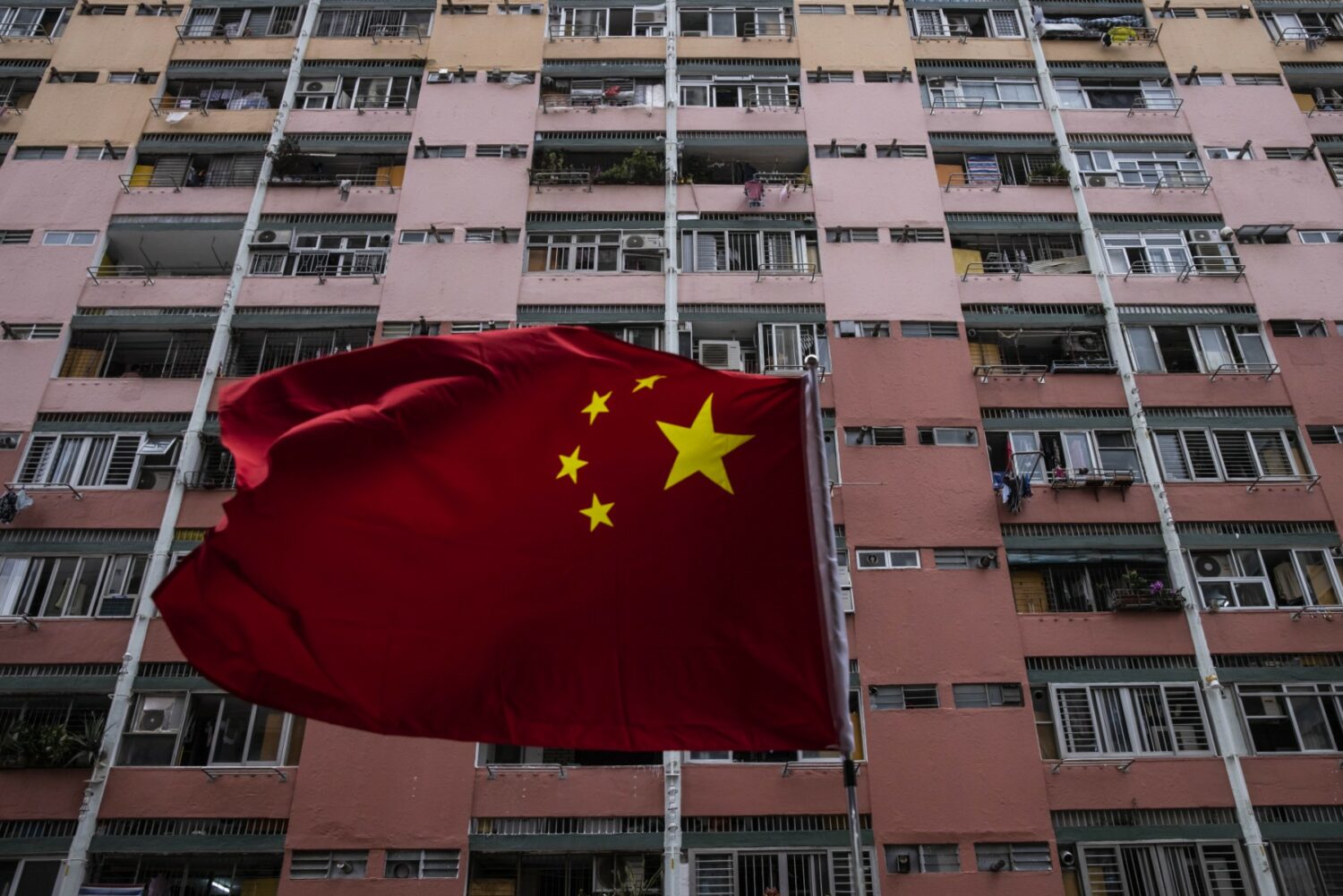BEIJING, CHINA – China said on Monday it would slap export controls on two rare metals essential for the manufacture of semiconductors over security concerns, as Beijing and Washington tussle over the global market for chips.
Exports of gallium and germanium, of which China is a major producer, will require a license from August 1, according to a guideline issued by the Ministry of Commerce and China Customs.
The final recipient of the exports and the purpose of their use will have to be specified, the text said.
The need to “preserve security and national interests” was the reason for the measures, it said.
Gallium, which is found in integrated circuits, LEDs and photovoltaic panels for solar panels, among other things, is considered a critical raw material by the European Union.
China accounted for 80 percent of global gallium production, according to a 2020 report by the European Commission.
Germanium, in turn, is essential for making optical fibres and infrared camera lenses, with 80 percent of it also coming from China, according to the same report.
The export curbs follow Washington blacklists of Chinese companies in recent years aimed at cutting them off from access to American technologies, including the most advanced chips.
China, which is seeking to become self-sufficient in semiconductor design, says those moves are aimed at maintaining US supremacy in the industry.
The United States has also tightened export restrictions on semiconductors in recent weeks and is pushing its allies to do the same.
From September, the Netherlands will impose restrictions on the export of technologies intended for the manufacture of electronic chips.








